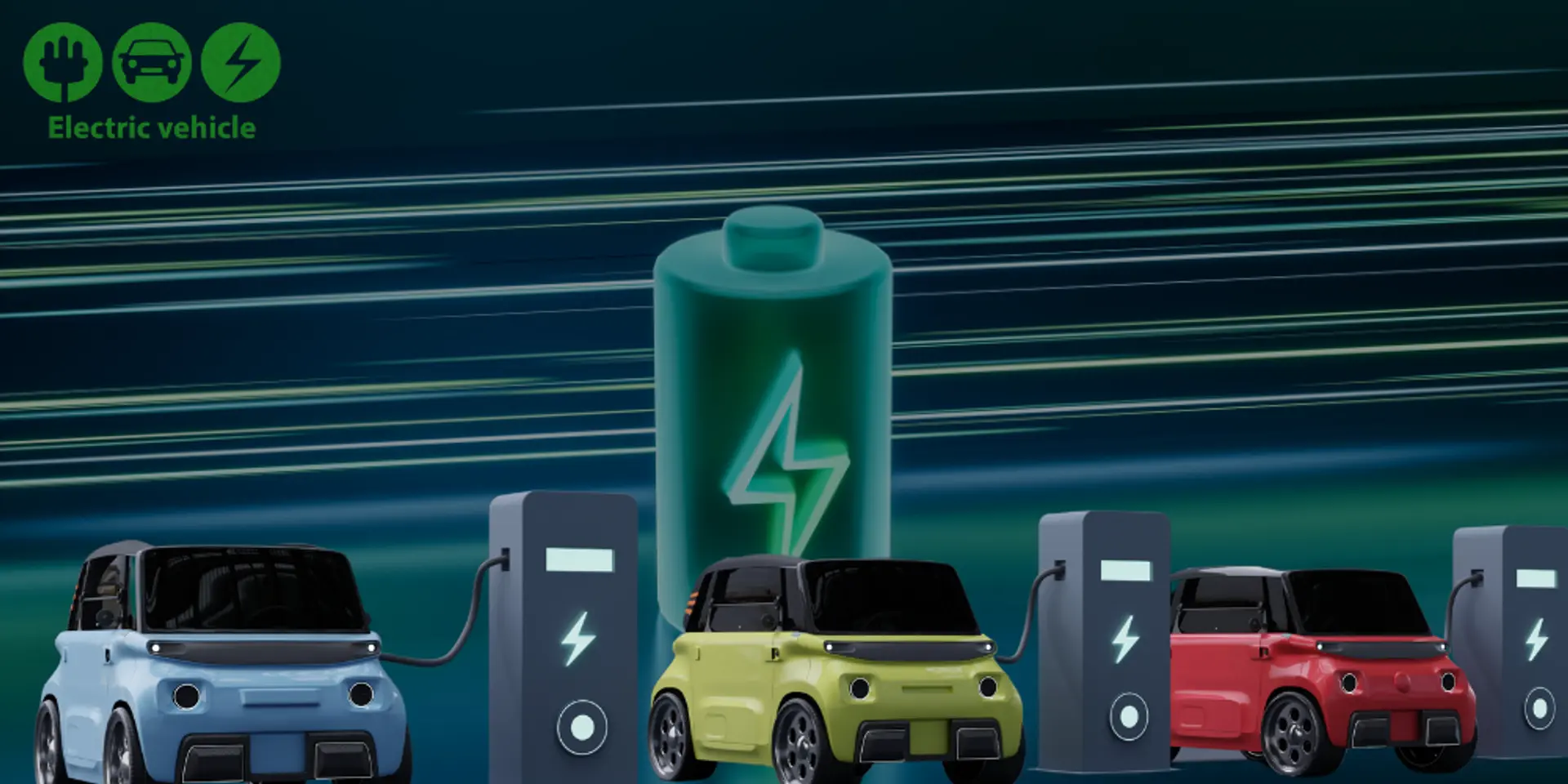Electrifying Economies: A Look at the Economic Impact of Electric Vehicles on Global Markets in 2024
Exploring the electric vehicle revolution's vast economic impact on global markets in 2024, this article dives into how EVs are shaping industries, driving technological advancements, and promoting environmental sustainability.
The Electric Vehicle (EV) as a concept has been known right from the 1900s, In recent years there has been a significant global shift towards sustainable transportation solutions as the world grapples with the urgent need to combat climate change and reduce reliance on fossil fuels. With the high demand for fossil fuels and a consumption rate of 22 billion barrels per year, it is predicted that the known oil reserves last just 45–100 years. Electric vehicles (EVs) provide a cleaner and more efficient alternative to traditional internal combustion engines. The economic repercussions of this change are far-reaching, affecting industries, markets, and global economies.
The electric vehicle revolution has had an enormous economic impact on the automobile sector. Traditional manufacturers must adjust their strategy to incorporate electric mobility or face becoming outdated. This adaptation includes investing in EV model development, increasing charging infrastructure, and rethinking business models to support the transition away from traditional gasoline-powered vehicles.
In light of the rise in pollutants in the atmosphere from automobiles and a decrease in the world's petroleum sources, there is a growing demand for EVs and HEVs with lower CO2 emissions. Electric vehicles transfer approximately 59% to 62% of the electrical energy from the power source to power at the wheels, whereas conventional gasoline vehicles only convert approximately 17% to 21% of the energy stored in fuel to power at the wheels. Because electricity is less expensive than gasoline, HEVs can significantly reduce fuel expenses. Because they rely wholly or partially on electric power, their fuel economy is calculated differently than traditional vehicles.
In addition, new competitors, including as tech corporations and startups, are entering the market with revolutionary electric car designs and disruptive business models, altering the competitive environment. The global EV sector is highly competitive, with major competitors contending for market dominance in various areas. Government policies, incentives, and laws play an important role in increasing EV adoption rates, with some nations providing large subsidies and incentives to encourage consumers to transition to electric vehicles.
According to a study, a major difficulty for both producers and end users of medium- and heavy-duty vehicles is the broad collection of operational requirements and duty cycles that the vehicles face in real-world operations. When planning engine configurations and on-board energy-storage demands for new technologies, it is vital to appropriately reflect vehicle behavior for diverse operations, including potential changes caused by electrification.
Traditional automakers, on the other hand, have problems in preserving competitiveness as electric mobility grows, including the need to invest extensively in R&D, construct robust supply chains for batteries and other EV components, and traverse complex regulatory regimes.
Looking ahead, the future of electric vehicles is vibrant with potential development areas including autonomous driving technologies, battery advancements, and sustainable urban mobility solutions driving additional market expansion. Electric vehicles, such as electric bikes, scooters, and public transportation, play an important role in these efforts. McKinsey & Company believes that by 2030, electric vehicles might account for up to 30% of all new electric two wheeler vehicle sales in cities.
Continued investment, innovation, and collaboration will be required to fully achieve the economic and environmental benefits of electrifying economies on a global scale. Countries that embrace electric mobility can not only cut carbon emissions and improve air quality, but also open up new potential for economic growth and job creation in industries such as manufacturing, technology, and infrastructure development.
To summarise, electric vehicles will have a large economic impact on worldwide markets by 2024, through substantial increase in manufacturing facilities and improvements in technology, with newer players and markets emerging, coupled with substantial growth in market share in existing markets where Evs are already present. This presents massive employment and wealth creation opportunities in the energy sector as a whole and specifically in the New Energy Technology sectors, where majority of the growth is expected.
The automotive industry is witnessing a transformation as both established automakers and emerging companies invest in electric mobility coupled with increase in charging/swapping infrastructure and increased consumer acceptance we expect electric vehicles to provide numerous prospects for long-term economic growth and environmental sustainability. In the short time we have had in 2024 so far, the trends are indicating that all the efforts put by a multitude of companies in the past few years is preparing a baseline for significant growth in EV penetration across product segments starting from 2024.







